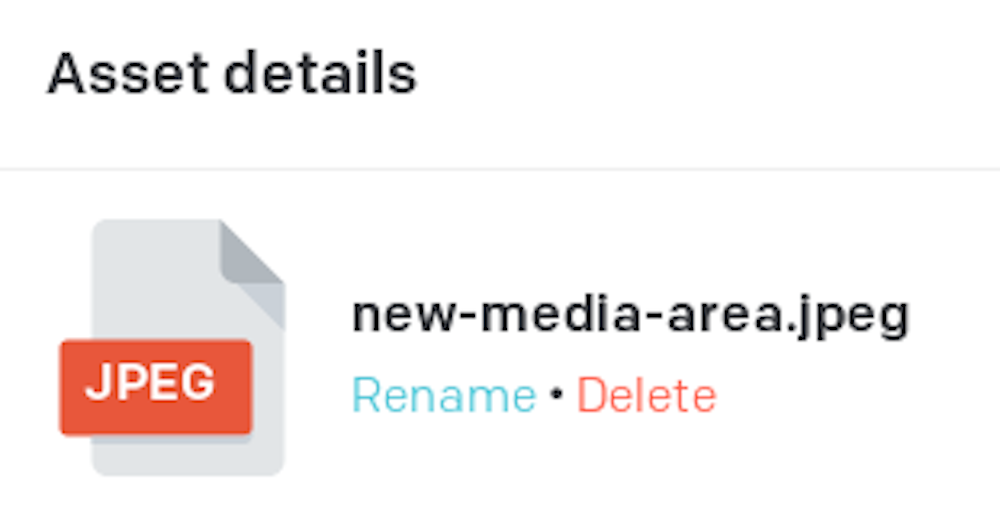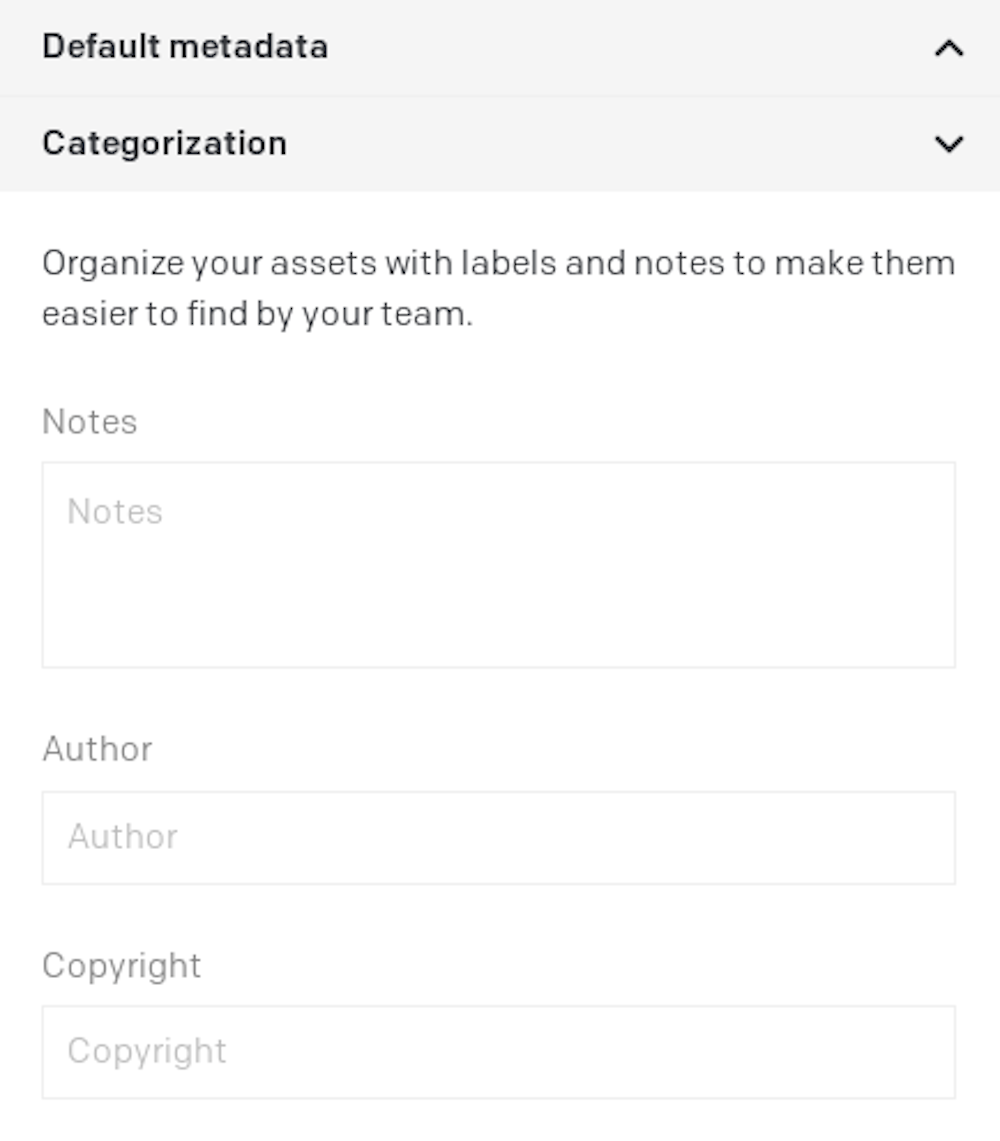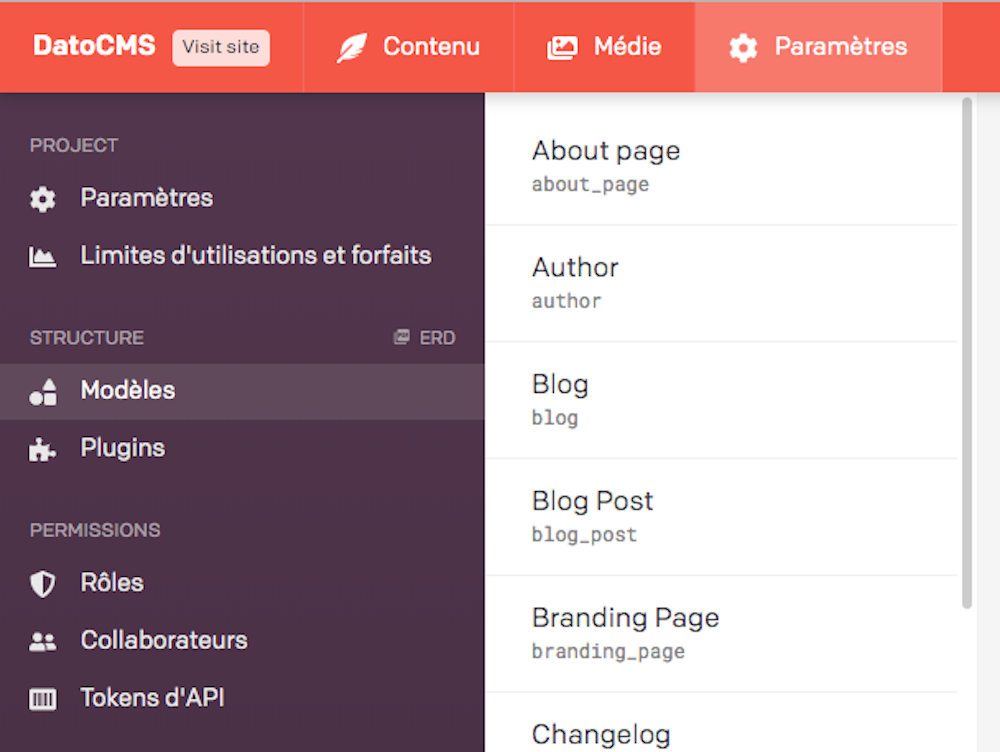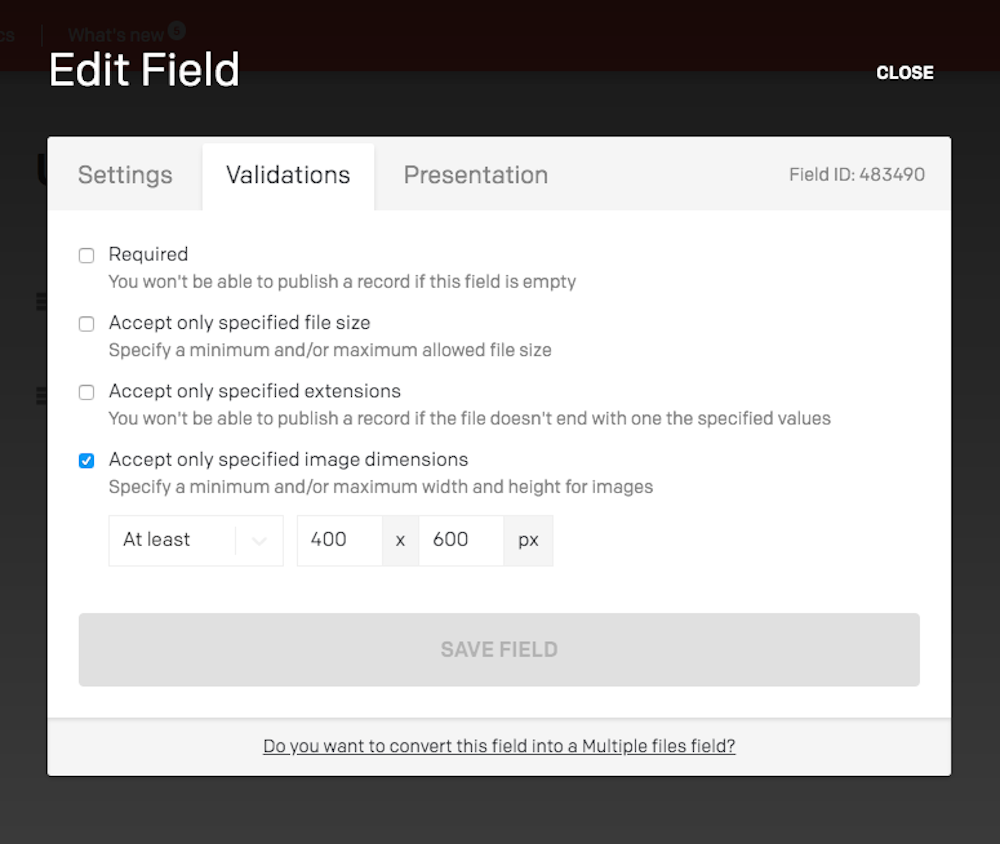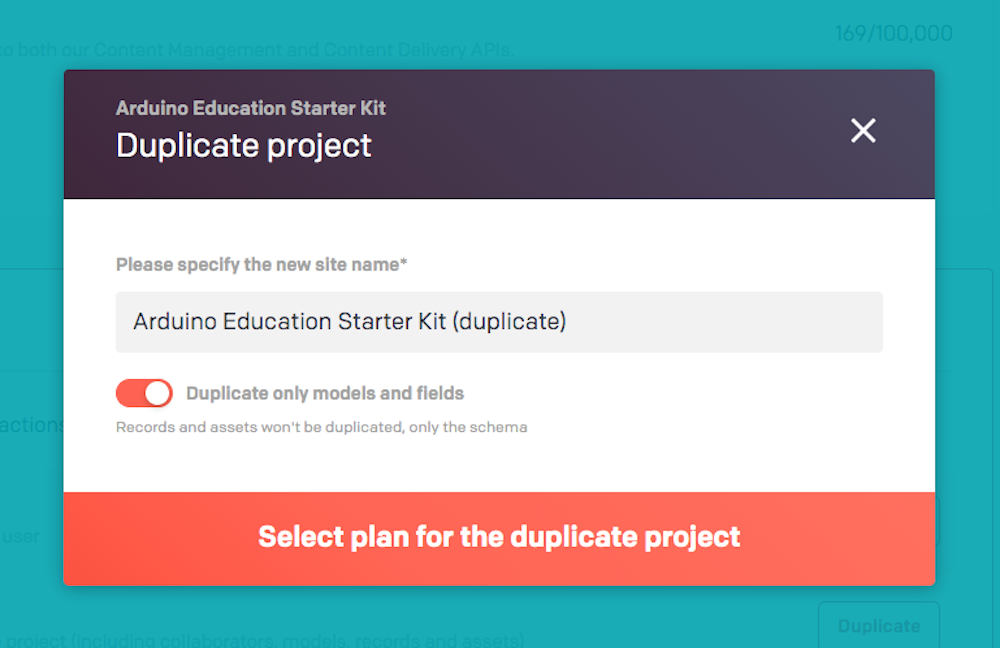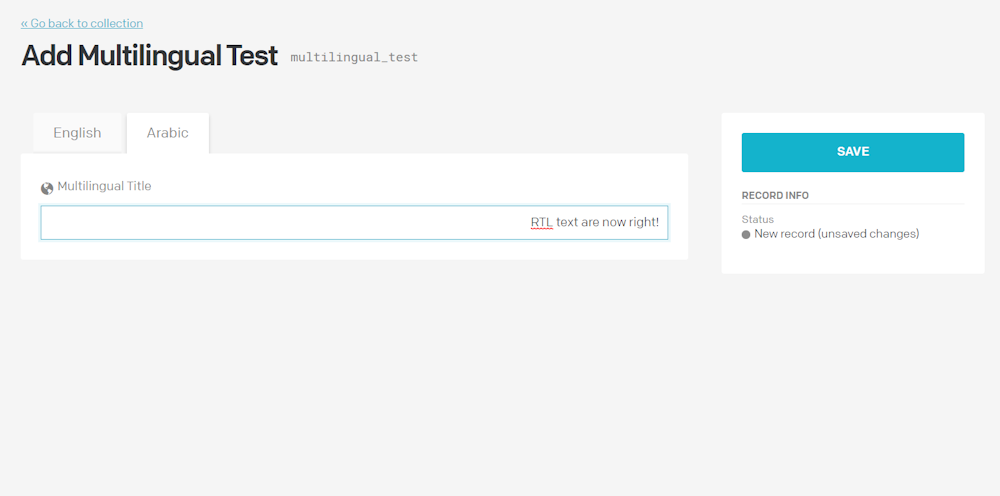Renewed media area... and some more!
We have just released the biggest single update ever done to DatoCMS!
Here's a succinct list of all the changes that we have released.
Most importantly a big set of features strictly linked with the media area that you can read in the blog post.
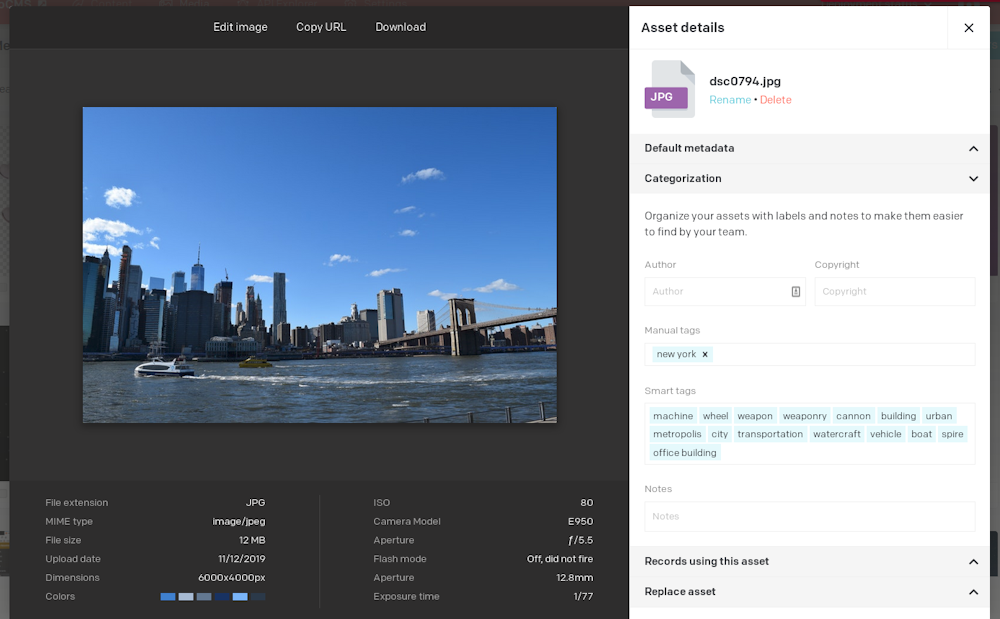
Very briefly:
video support via integration with Mux
HSL video streaming
thumbnail and meta data extraction
extraction of meta data and Blurhash from images
redesign of the UI to support different image layouts and dimensions
advanced sorting and filtering
shared/personal filters to group and organize content
video previews
show where the image is used
the APIs have changed in a backward compatible manner to support all these changes and also our clients are supporting all the new features already
While doing that we also worked on a set of related feature requests:
Allow the user to group uploads in the media area we are supporting this via a mixture of tags and filters, with the possiblity of saving and sharing them across the team
[Make default “settings” menu item optional](Make default “settings” menu item optional) when removing the permission to edit the global SEO settings the menu icon will also disappear
Link from model settings to content a little but useful feature :)
Keep scope when editing nested objects / use record back button to go back to parent record by opening modals when editing nested content


